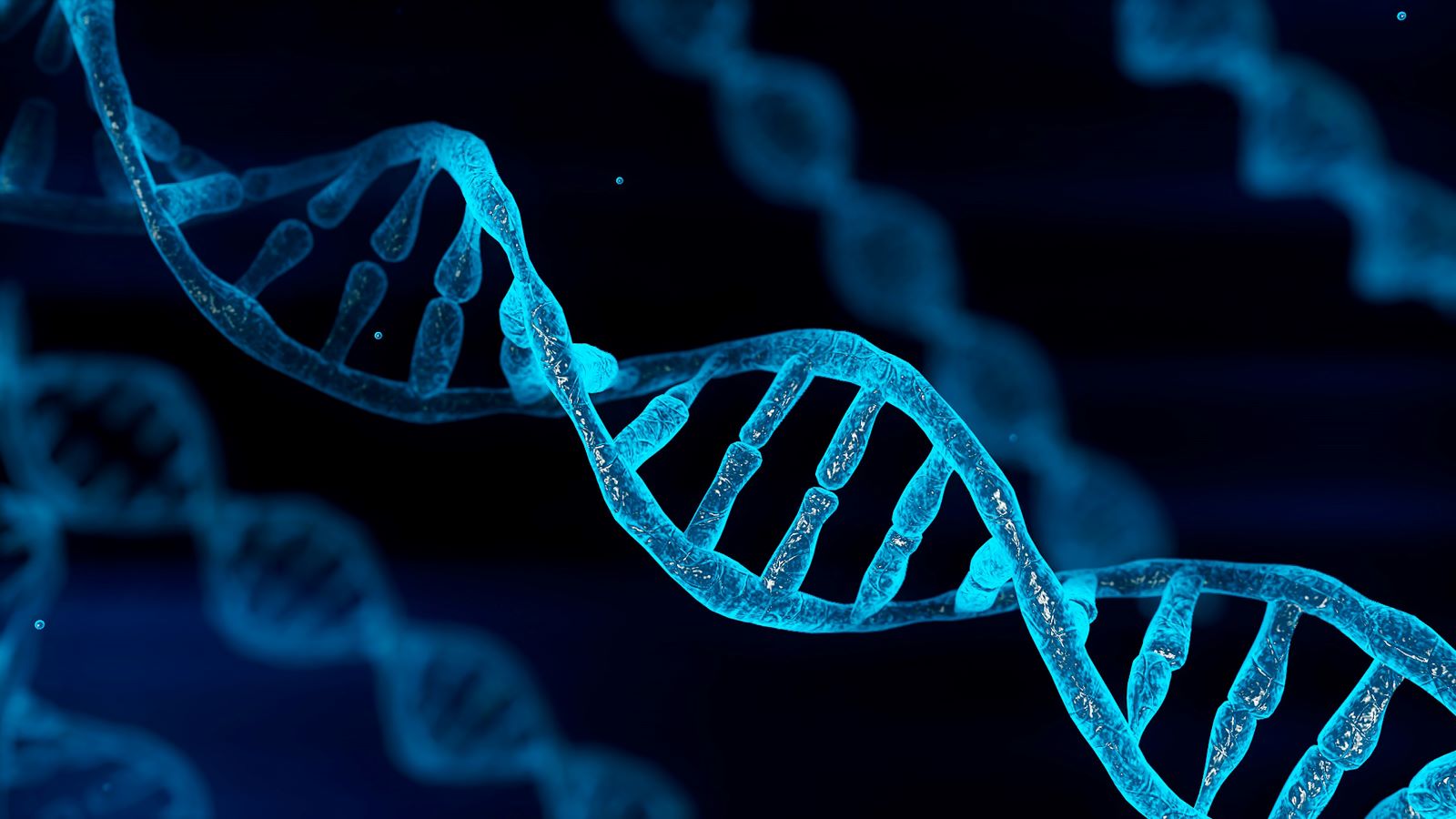<< Back
Should I Consider Genetic Testing for Cancer?

April 17, 2024
Genetic testing has gotten more and more accessible. The premise is simple — submit a blood or saliva sample, and find out your risk of cancer and dozens of other hereditary diseases.
But is it worth your time?
“If you’re concerned about your cancer risk, genetic testing can help customize your medical plan and better inform family members,” answers John Neary, MS, CGC, a licensed genetic counselor with Hartford HealthCare’s Katherine A. King Rudolph Cancer Genetics Program.
Here’s what you need to know about genetic testing for cancer.
Genetic testing looks for harmful variations.
You have an impressive internal blueprint, thanks to the DNA alphabet.
Four little letters (A, T, G, C) make up the human genome and give our cells a how-to guide on what to do and how to do it. Our unique genetic code is inherited at birth, and on average, contains 3.1 billion DNA letters and 22,000 genes.
Genetic testing looks for harmful variations in that DNA.
“Some genetic variations within genes are harmful, like typos or spelling errors within a sentence, which can prevent a gene from working properly,” explains Neary. “Genetic testing is simply the process of spellchecking a portion of a person’s genetic code, comparing their DNA sequence to the established baseline.”
> Related: Will AI Change Cancer Diagnosis and Treatment?
There are two types of genetic testing for cancer.
In general, there are two main types of genetic tests that are used for cancer:
- Germline analysis looks for inherited genetic factors that might increase cancer risk. For example, pathogenic variants (formerly known as mutations) in specific genes like BRCA1/2 can raise the risk of breast cancer.
- Somatic analysis examines a tumor’s genetic makeup. It helps doctors identify “DNA typos” driving cancer’s harmful activity and may better guide treatment decisions.
It’s important to know your family history first.
Before you go all-in on genetic testing, you may need to call a few family members first.
“Understanding who has been diagnosed with cancer in the family, what type of cancer they were diagnosed with, and the family member’s age at the time of their diagnosis, are all very important for risk assessment for a cancer predisposition syndrome,” Neary says.
Knowing if they’ve had genetic testing for cancer risk factors is essential, too.
“In many cases, we’re able to gather medical records from these family members to better clarify who is at risk for a cancer risk factor in the family and who is not,” he adds.
What about distant blood relatives with known genetic risks? Loop your doctor in for a more informed risk assessment.
Genetic testing is recommended for certain types of cancer.
With that family history in mind, there are certain cancers that you may want to be tested for.
“As a general rule, many types of cancer should automatically prompt consideration and discussion of genetic testing for cancer risk factors,” answers Neary.
Here is an initial (and incomplete) list:
- Early-onset breast cancer (diagnosis before 50 years old)
- Triple-negative breast cancer
- Breast cancer in a woman of Ashkenazi Jewish ethnic background
- Male breast cancer
- Ovarian cancer (specifically, epithelial ovarian cancer)
- Pancreatic cancer
- Prostate cancer that has spread to other parts of the body (metastatic prostate cancer)
- Early-onset colon cancer (diagnosis before 50 years old
- Early-onset uterine cancer (diagnosis before 50 years old)
- Many additional rare cancers
Genetic testing for cancer isn’t the complete answer.
Genetic testing has come a long way, but it still has a ways to go.
“Unfortunately, genetic testing technology has many limitations,” says Neary. “Our best genetic tests for hereditary cancer risk factors assess between ~70-90 genes, and there are over 22,000 known human genes. It’s widely assumed that additional genes must affect cancer risk and have not yet been identified. In short, there’s still a huge amount that we don’t know and can’t test for.”
It’s also impossible to predict with high accuracy whether a person will develop cancer or when this might happen.
“While we’ve made great strides in genetic testing for cancer risk factors, we still don’t have a crystal ball to let us predict the future,” adds Neary.
Your doctor is your best resource for managing cancer risk.
“It’s critical to understand that most cancer risk factors do not guarantee a cancer diagnosis but may increase the probability of cancer happening in the person’s lifespan, and with this information, we can help people manage their risk effectively,” says Neary.
Genetic testing is often the first step in addressing hereditary cancer predisposition syndromes or cancer risk factors.
From there, your doctor can use this genetic data to develop an early action plan. This plan may include specialist referrals or genetic counseling (and possibly genetic testing) with a licensed genetic counselor.
“Your doctor will advise you about the appropriate next steps, if any,” explains Neary. “Together, you can develop your customized risk-management plan that’s best for you.”